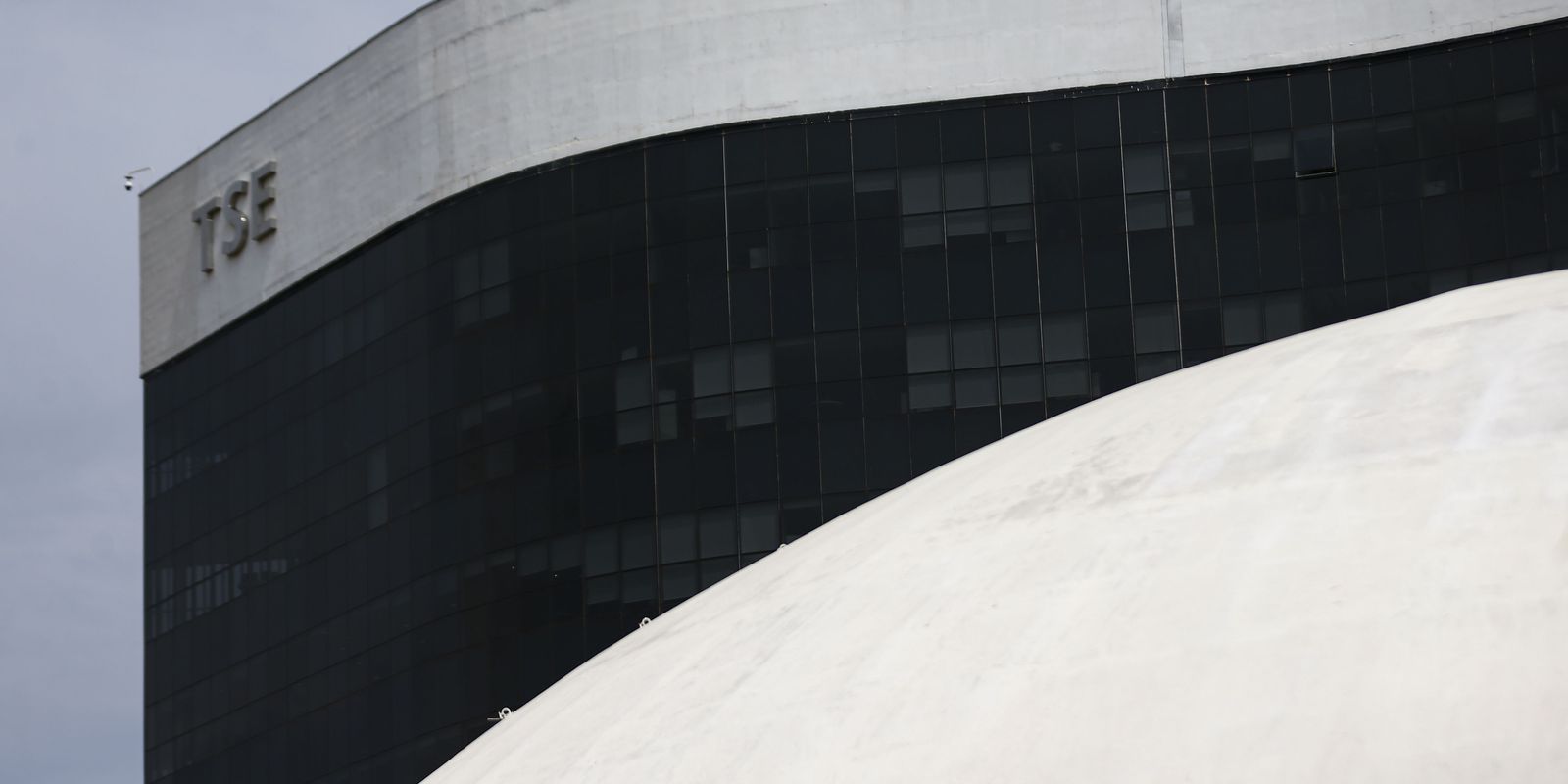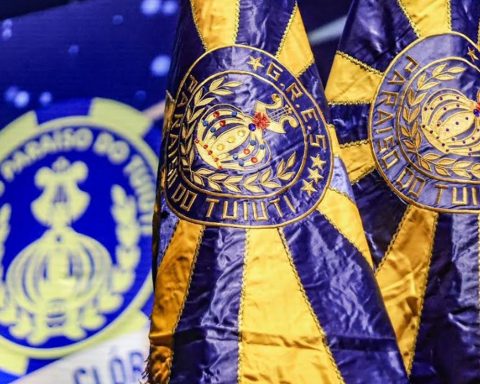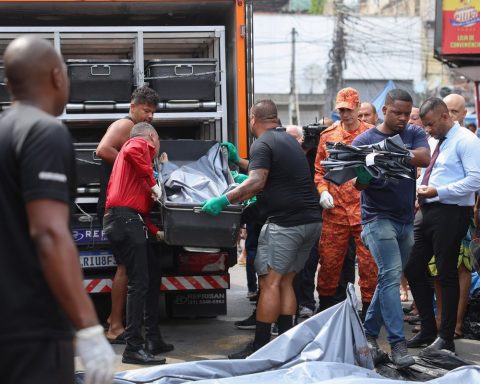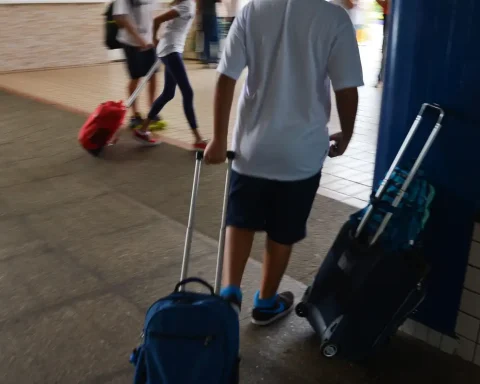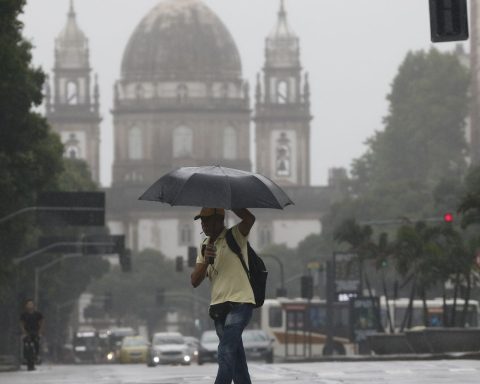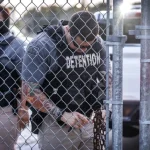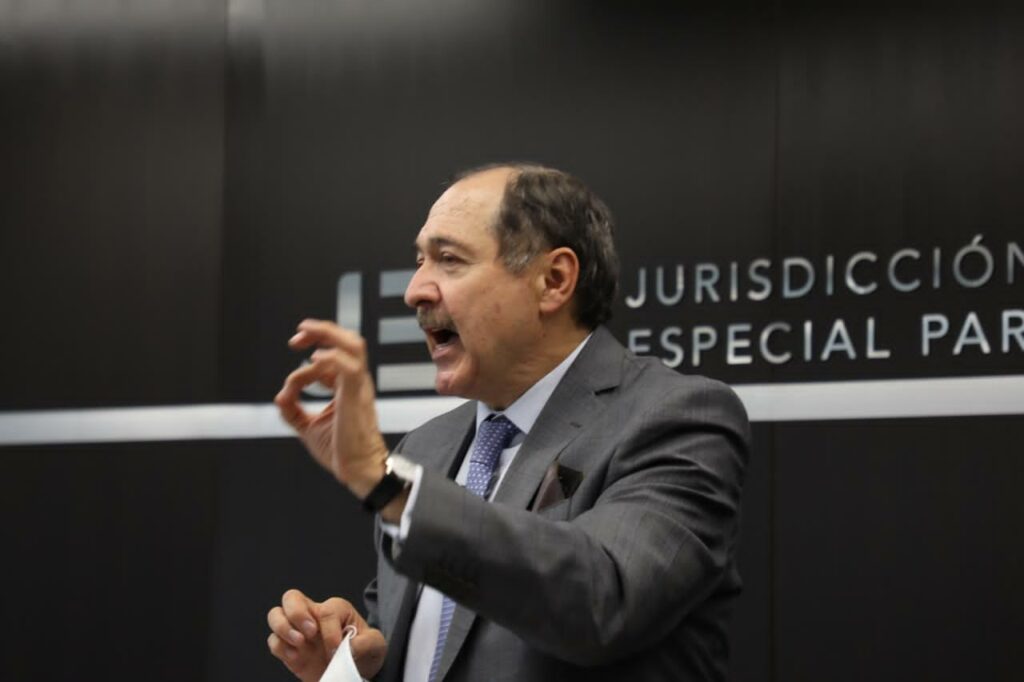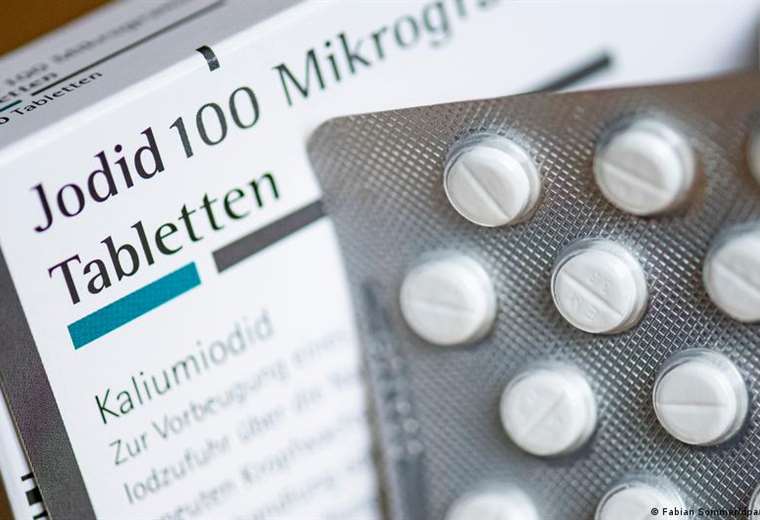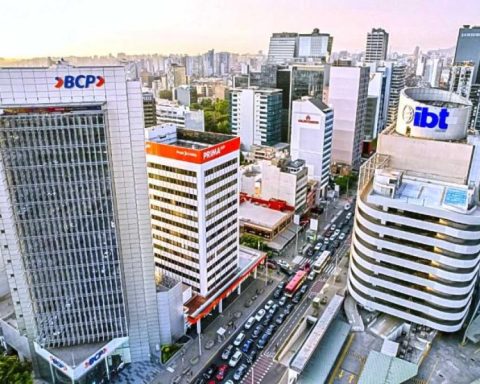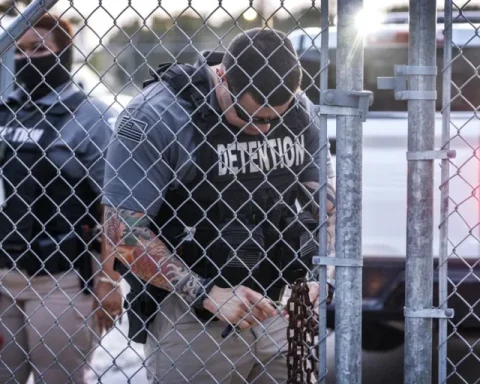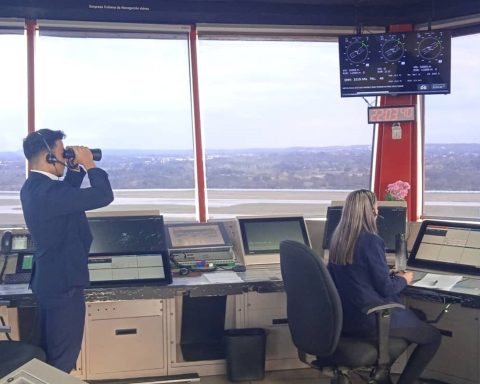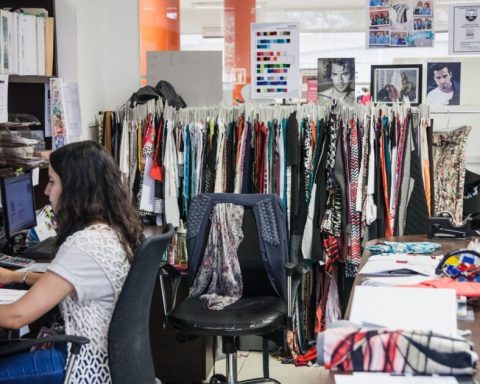The plenary of the Superior Electoral Court (TSE) decided today (13), by 4 votes to 3, to order the removal of a post on Twitter in which the producer Brasil Paralelo links several cases of corruption to former president Luiz Inácio Lula da Silva, candidate in the second round of the presidential race.
With the decision, the TSE responded to a request from Lula’s Brasil da Esperança coalition. In the initial petition, lawyers for the former president’s campaign claimed that there was a serious distortion of journalistic reports about corruption cases, “in order to lead the population to believe that he was involved in all of them”.
In the video, reports are shown about schemes investigated at the time when Lula was president, such as the monthly allowance, the bingo scandal and the leech mafia. In its defense, the producer claims that the publication is based on true news, and therefore not false information.
In the end, the vice-president of the Court, Minister Ricardo Lewandowski, prevailed, for whom the material produced by the producer promotes an “informational disorder”.
The minister stated that the cases mentioned in the video “were never judicially imputed to him” [Lula] and to which he never [Lula] had the opportunity to exercise his defense”. Lewandowski criticized the attempt to link the former president to corruption cases in which he was not involved, just because they would have occurred while Lula was in the Presidency of the Republic.
Lewandowski was accompanied by ministers Benedito Gonçalves, Cármen Lúcia and the president of the TSE, minister Alexandre de Moraes, for whom the video promotes a “manipulation of true premises”, but which results in “second-generation disinformation”.
The ministers gave 24 hours for the Twitter platform to remove the aforementioned publication and banned new ones. posts of the type. With the decision, the plenary reversed the understanding of the rapporteur of the case, Minister Paulo de Tarso Sanseverino, who had denied an injunction (provisional decision) to remove the video, for not seeing untrue news in the material.
In demonstrations on Twitter and in an article published on its website, Brasil Paralelo classified the request to remove the video as “censorship”, and said there was political persecution of the material it produces.
*Article expanded at 12:35 pm to include voting score in first paragraph.
